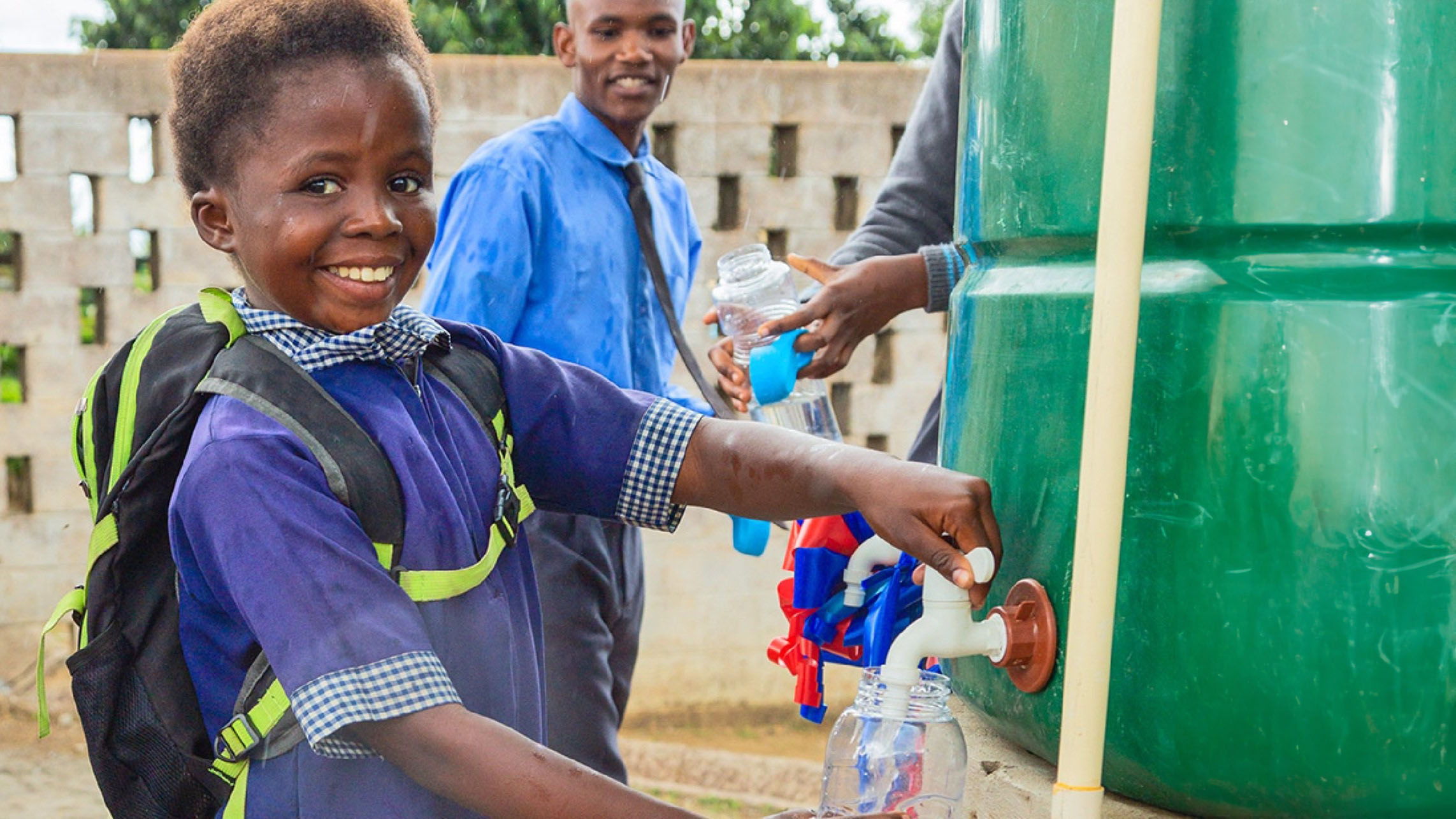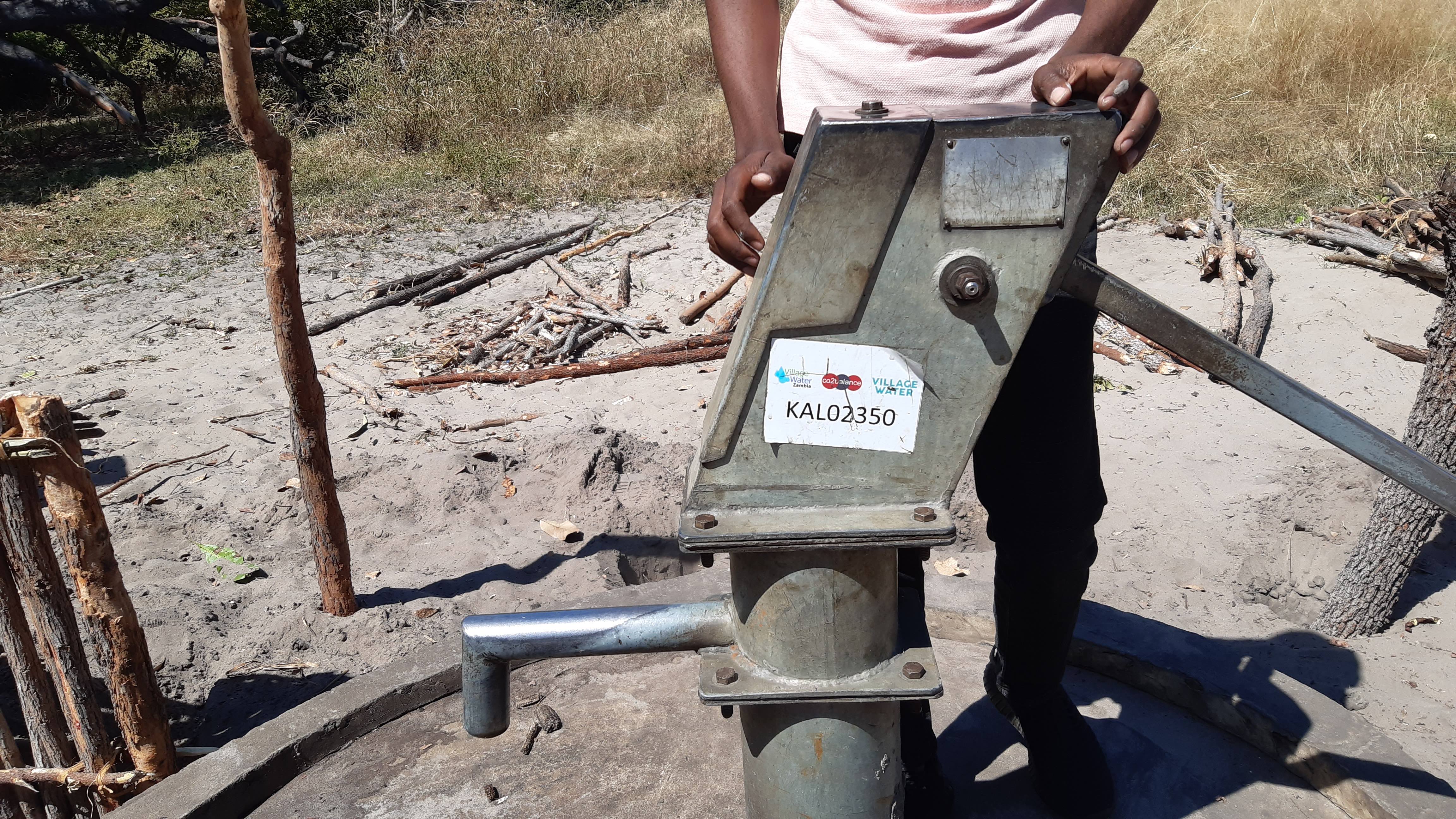Uganda Water Filtration Systems
Water Filtration
Clean Water
プロジェクト概要
In Uganda, poor sanitation and hygiene, as well as unequal access to safe drinking water, make thousands of children very sick and at risk of death. Diarrhoea alone, one of three major childhood killers in Uganda, kills 33 children every day.A popular method for purifying water involves burning non-renewable woody biomass and/or charcoal. However, these processes accelerate deforestation. According to Global Forest Watch, Uganda lost 967,000 hectares of tree cover from 2001 to 2021 — a 12% decrease resulting in the release of 438 million tCO2e. They're also expensive; the tripled cost of charcoal in the past decade has put significant financial strain on local families.This project aims to provide Ugandans with safe, fuel-efficient water purification systems known as gravity water filters. These filters not only mitigate deforestation but also decrease household carbon emissions. By manufacturing these filters locally, the project stimulates economic growth and job creation within the Ugandan community. A portion of the revenue from the carbon credit sales goes to an impact fund that supports additional community programs, focusing particularly on educating and empowering women and girls, who are disproportionately impacted by climate change.The project is estimated to generate up to 2.5 million total credits over its 15-year crediting period. A portion of the credit revenue will be reinvested into the local community, contributing to further environmental, social, and economic growth.


